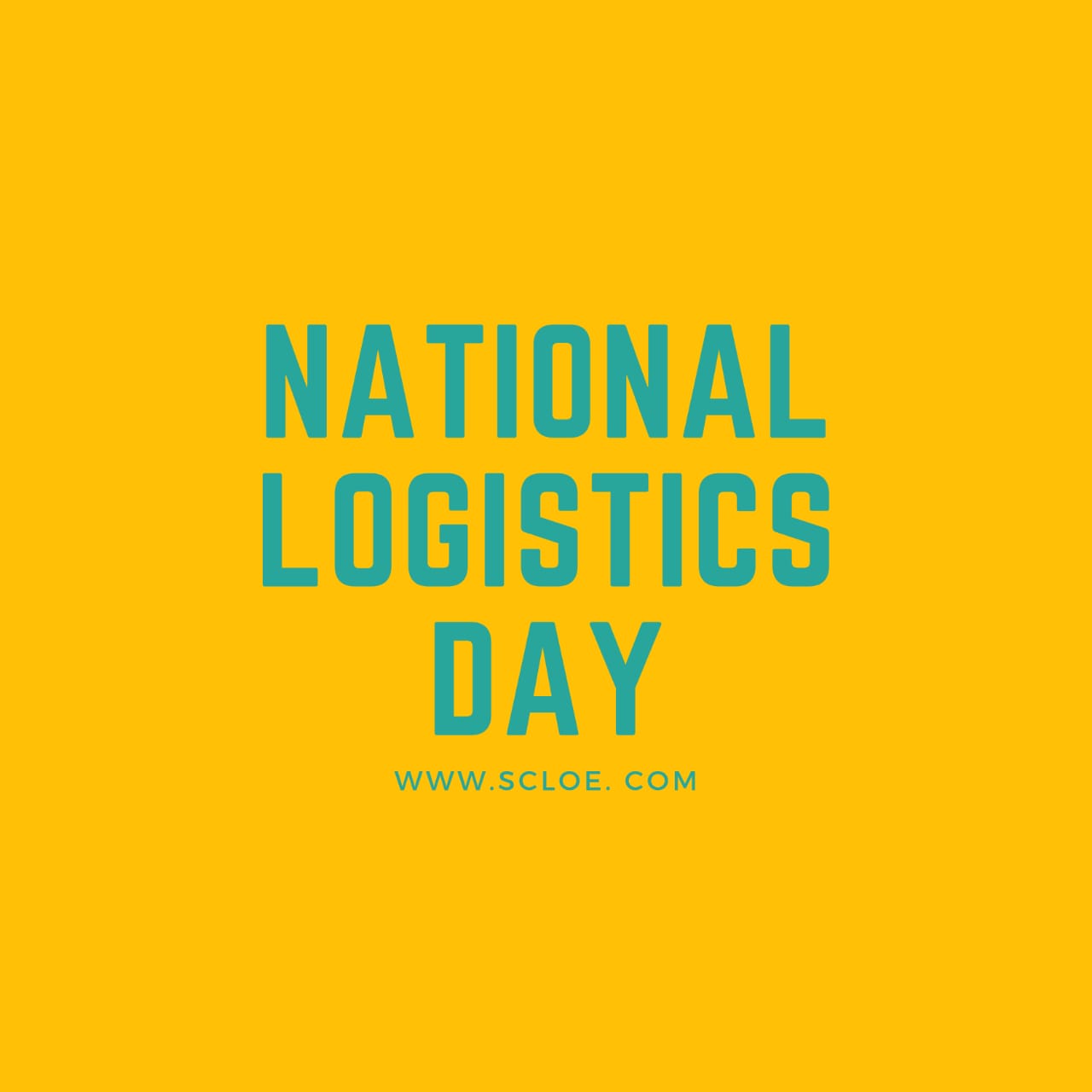
National Logistics Day 2024
7 months ago
National Logistics Day 2024

The 4th Annual National Logistics Day is here, continuing the tradition since the Ministry of Transport designated August 16 as National Logistics Day in 2021. This day was established to highlight the crucial role that transportation and logistics play in the nation’s growth and prosperity. Sri Lanka has a rich history in logistics, dating back to ancient times when its strategic location along key East-West trade routes made its seaports vital to global trade. Despite this deep-rooted legacy, the logistics sector only gained official recognition in the latter part of the 20th century.
The Importance of the Logistics Industry
The transportation and logistics sector is essential to the smooth functioning of nearly every aspect of daily life. This industry has shown remarkable resilience, particularly in the face of global challenges such as the Covid-19 pandemic and economic crises. Despite these hurdles, the logistics sector has continued to operate, underscoring its importance and the dedication of its workforce.
Sri Lanka's ranking in the World Logistics Performance Index has improved significantly, moving up 19 places since 2018—from 92nd to 73rd. However, this progress is seen as just the beginning. With abundant natural resources and a pool of highly skilled professionals, the country has the potential to achieve even greater heights in logistics, provided that industry recommendations are heeded and strategic improvements are made.
Sri Lanka’s Potential as a Regional Logistics Hub
Sri Lanka is well-positioned to become a leading regional logistics hub, thanks to its strategic geographical location, a skilled workforce, and robust infrastructure. The country has made significant strides in improving connectivity between seaports and airports, with ongoing infrastructure developments further enhancing this potential. Achieving the status of a regional logistics hub is within reach if public and private stakeholders collaborate effectively, improving efficiencies, streamlining processes, and eliminating outdated regulations that currently impede progress.